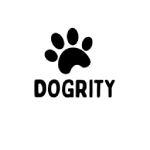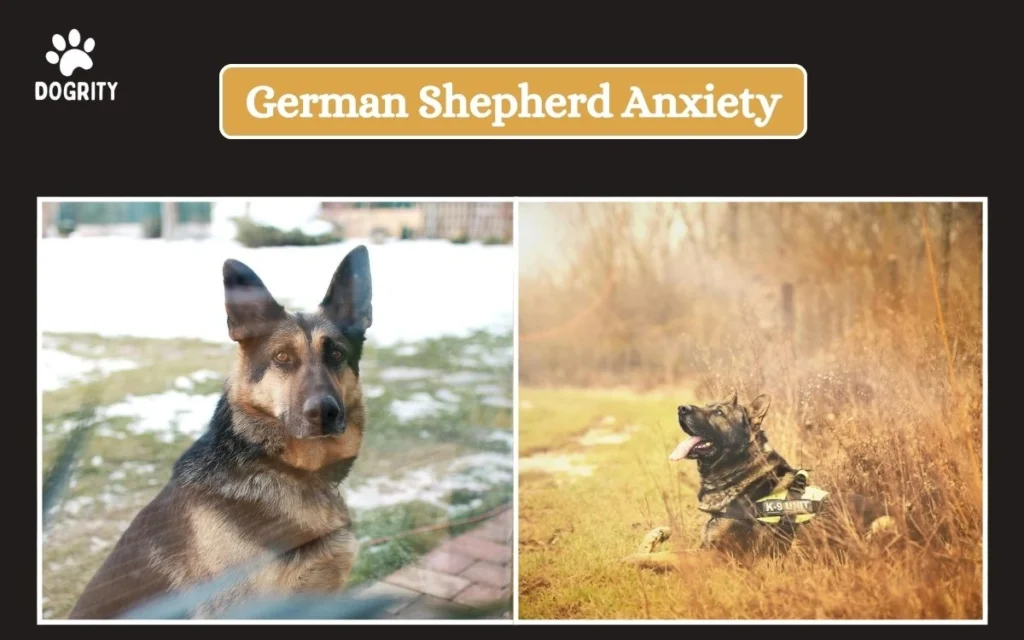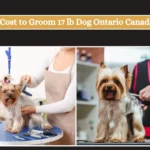What Triggers Anxiety in German Shepherds?
Indeed, many German Shepherds suffer from anxiety problems just because of their sensitivities and intelligence. The above example is my case-the thunderstorm always led the German Shepherd to have extreme anxiety. Noise-related is common, and another example is separation anxiety mainly depending upon how attached your German Shepherd is to you, amongst other triggers like household alterations, new pets and many more, such as noisemaker and vacuum. Knowing what causes your dog to become anxious can be the first step in making them feel safe.
- What Triggers Anxiety in German Shepherds?
- Recognizing the Symptoms of Anxiety in Your German Shepherd
- Treatment Options: How to Calm Your Anxious German Shepherd
- Separation Anxiety in German Shepherds: Why They Struggle with Being Alone
- Effective Training Techniques for Managing Anxiety
- Why is My German Shepherd So Anxious? Possible Underlying Factors
- Supplements and Medications: Finding Relief for Your German Shepherd
- Practical Tips for Reducing Anxiety in German Shepherds
- Final Thoughts on Managing Anxiety in German Shepherds
- FAQ’s
Recognizing the Symptoms of Anxiety in Your German Shepherd
Does your German Shepherd whine excessively, drool, or seem overly nervous? If so, they could be displaying symptoms of anxiety. I recall the first time that I noticed my German Shepherd experiencing anxiety and it came almost subtly when he was pacing, with occasional whining. These symptoms can, over time, develop into destructive chewing, barking, and even diarrhea. Be on the lookout for behaviors that are out of character-they may be your dog’s way of showing stress or fear.
Treatment Options: How to Calm Your Anxious German Shepherd

What can you do if your German Shepherd is suffering from anxiety? There are several options you can take, from medications prescribed by a vet to natural remedies like CBD oil. I even tried it myself with CBD oil for my dog, and the difference was palpable. And if your dog is experiencing noise-related anxiety, a Thundershirt is just amazing. Training is essential; rewarding calm behavior and positive reinforcement really helped my dog know he was safe.
Separation Anxiety in German Shepherds: Why They Struggle with Being Alone
Separation anxiety is a common problem in German Shepherds because of their strong loyalty and attachment to their owners. My German Shepherd would bark and whine every time I left the house, even if I was just going out for a few minutes. Such anxiety may make your dog destructive, but with continued training, your dog will feel comfortable staying alone. Crate training is a great tool as it gives them a “safe space” when you’re away.
Effective Training Techniques for Managing Anxiety
Training can be a game changer in the management of anxiety. I consulted with a trainer to prepare calming techniques such as lying down and staying calm before stressful situations. Training doesn’t kill anxiety but gives your dog equipment with which to handle his stress. For example, having a good “settle down” helped me reassure my dog with minimal panic.
Why is My German Shepherd So Anxious? Possible Underlying Factors

Some German Shepherds are more anxious than others. This includes genetics, early experiences, and environments. My dog’s anxiety seemed to begin with a lack of socialization when he was a puppy. It becomes much harder for your dog to adapt when your German Shepherd has a history of trauma or wasn’t exposed to various environments.
Supplements and Medications: Finding Relief for Your German Shepherd
In case of extreme anxiety, your vet may advise that you should give your dog medicines. The choices are plentiful, though they should be talked over with a professional before taking any. CBD oil is yet another route many owners try and I have successfully done so in order to help calm my dog. Each dog is unique so you will have to use a little bit of trial and error to determine what is the best solution for your German Shepherd’s anxiety.
Practical Tips for Reducing Anxiety in German Shepherds
- Create a Calming Space: Give your dog a quiet, comfortable area to retreat to when they feel anxious. A crate or a cozy corner can work well.
- Stick to a Routine: Dogs thrive on consistency. Keeping a regular feeding and exercise schedule helps them feel secure.
- Exercise and Mental Stimulation: Physical activity helps burn off nervous energy, while mental exercises keep their mind occupied and less prone to anxiety.
- Slowly Introduce New Experiences: Gradual exposure can help desensitize your dog to anxiety triggers.
- Use Positive Reinforcement: Reward calm behavior to reinforce a sense of security and relaxation.
Final Thoughts on Managing Anxiety in German Shepherds
Living with an anxious German Shepherd is tough, but the rewards of watching them get better over time is well worth it. Knowing your dog’s triggers and teaching them how to calm themselves can really make a big difference in their quality of life. Just remember, patience is key, and small steps lead to big improvements.







